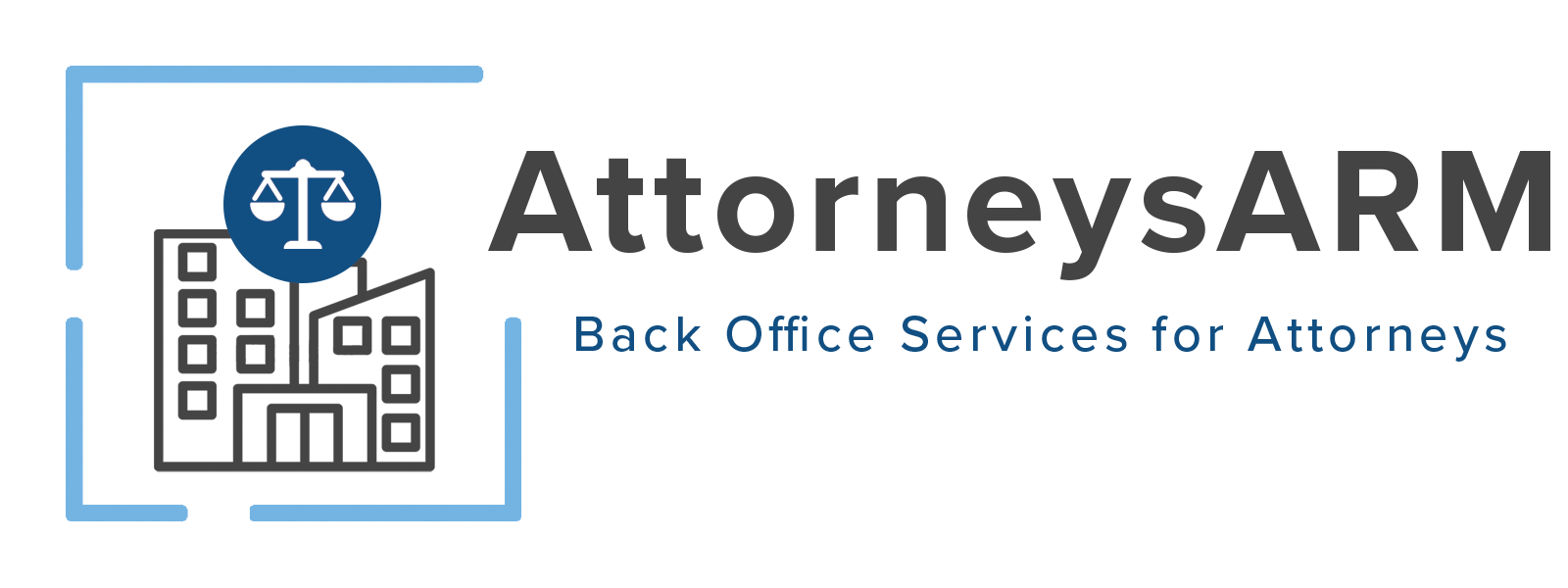Best Practices for Accounts Receivable Management for 2017
Accounts receivable is an important part of your business. Client intake, billing, receiving payments, and collections are all important parts of your accounts receivable management. We all want to ensure that our businesses run better each year. One of the best places to start is with your accounts receivable management. After all, this is the part of your business that gets you paid. Here are best practices for accounts receivable management for 2017.
Set-up Credit Guidelines
Having credit guidelines is one of the best practices for account receivable management for 2017. Setting proper credit limits while also developing and implementing a strong credit policy is one of the best proactive techniques you can use to lessen the likelihood of dealing with delinquent accounts. The basics of setting up a credit policy includes using a credit application, getting a personal guaranty, running a credit check, reviewing references, determining the appropriate credit line, and only offering extensions of credit if it is financially warranted. If you’re struggling with deciding whether your business should provide a line of credit, read our series on setting up a sound credit policy and then call us with your questions. There is no obligation and your first consultation is free.
Set-up Policies and Procedures for Your Staff
From client intake all the way through your collections process, every step should be written down for use by your staff. Having written policies and procedures acts as both a training manual and a guide. It ensures that the staff members who are involved in any of the accounts receivable management all take the same steps. This creates consistency for your staff and for your clients.
Predictable Billing
Billing is a hallmark of accounts receivable management. Regardless of whether your clients pay the same day as their appointment with you or if they are going to receive a recurring invoice, it’s all part of your billing process. Billing should be predictable. Your clients should know when to expect their bill. Knowing that they will always get their bill on the 15th of the month (or on whatever day your company chooses to bill) will help increase the payments that are received.
Multiple Payment Options
How many options do your clients have to pay? Do you always wait to have a check mailed to you? Offering multiple payment options helps you get paid faster. There are inexpensive options that allow your company to take online payments or credit card payments.
Document, Document, Document
You’ve already learned about the importance of creating a written policies and procedures. That is a form of documentation. Client contact should be documented. This includes concerns, frustrations, and questions. They should be documented in the client file with the date, the situation, and how it was resolved. Pay attention to these contacts because you’re able to create resources for other clients who may have these same issues. You can take the solutions used (and documented) and include it into your policies and procedures manual.
Anytime your clients call in or when your company must reach out, it should be documented. Documenting this information isn’t just used for refining your policies and procedures. It can also be used to analyze the behavior from your clients in the future. You’ll be able to determine whether your clients struggle to pay their invoices or if they are going to be a problem for your business in the future.
Follow-Up and Reminders
To improve your accounts receivable management, you should also issue follow-up and reminders to your clients. Follow-up can be done at various points and it should be documented. This is a great way for your clients to have their questions answered or their concerns resolved before they become frustrated and they don’t want to pay their invoice.
Reminders can be issued via phone or email (or both) a day or two before payments are due and a day or two after the due date. Sometimes your clients really do forget that they have an invoice that is due. If you work with a business, your reminder shouldn’t be given to the receptionist unless that person also doubles as person responsible for accounts payable. Your contact and your reminder should be given to the person who is responsible for releasing the payments.
Clear Collections Guidelines
At some point, every business participate in collections. It’s not a process that anyone necessarily enjoys, but it is a part of being in business. You should write out clear collections guidelines for your staff to follow. How long past due should an account be before it goes into collections? Are you assessing late fees and interest? If so, it’s important that you know your state law related to those matters. Will you try to collect on the debt for yourself or will you sell the debt? What dollar value should a defaulted account meet in order for you to go through small claims court? It’s also important that anyone who participates in the collections process for your business understands the Fair Debt Collections Practices Act.
Always Client Focused
Your entire accounts receivable management process should be client focused. One of the best ways to protect the loyalty of the client along with the reputation of your business is to always place your focus on the clients. How will they feel about every part of the process? When it comes to collections, are the past due clients treated with respect?
Choosing a Collections Agency
Ultimately, you may decide that you want to utilize the services of a collections agency. There are three options. You can sell the debt. You can hire a company who assists in first party collections. You can hire a company that participates in third party collections. A first party collector calls the debtors and uses your company name. They act as an extension of your company. A third party debt collector still makes calls on your behalf, but they identify themselves as their own company. When you’re choosing a collections agency, look for one that has good feedback, in good standing with your state, and who has few to no instances of legal problems associated with collections.
Clients ARM – Your Solution for Accounts Receivable Management
As a business owner, you wear a lot of hats. If you want to focus your energy and time on your clients, call Clients ARM. We are your solution for accounts receivable management. We can help you with client intake, billing, policies and procedures, customer care, first party collections, and third party collections. We are client focused. Clients ARM uses old fashioned customer service principles throughout the entire accounts receivable management process. This helps improve client loyalty to your business while helping you save both time and money. To schedule your free review, use our contact form or give us a call! Clients ARM is here for you!




